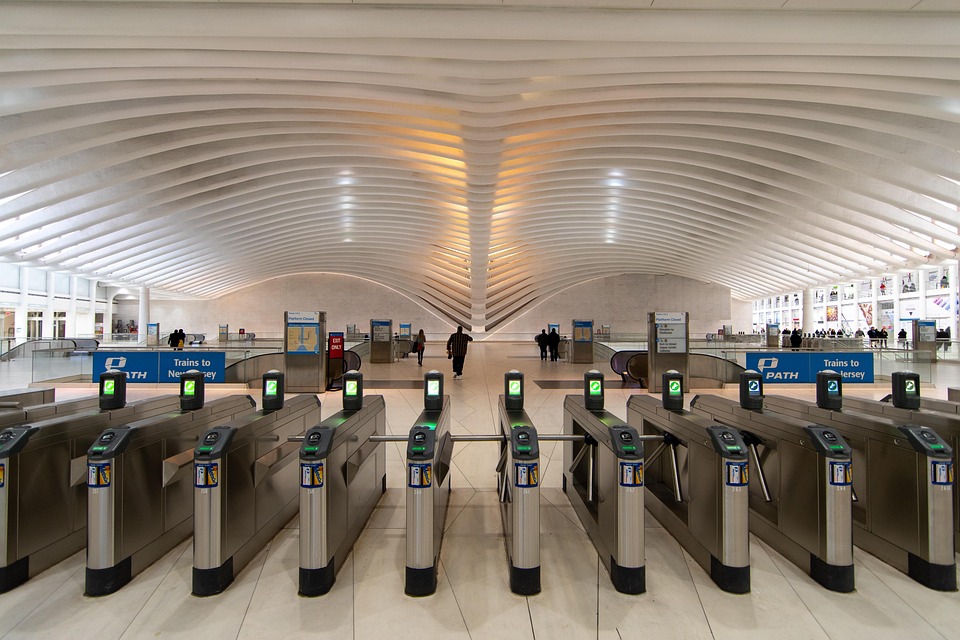As the world adapts to rapid technological advancements, the concept of work has fundamentally shifted from traditional, physical office spaces to more flexible and immersive environments. One of the most thrilling developments in this arena is the rise of the metaverse, a digital universe that transcends geographic boundaries, enabling innovative, remote collaboration. This article explores the evolution of work and how the metaverse serves as the new office playground, reshaping our professional lives in profound ways.
The Transition to Remote Work
The COVID-19 pandemic accelerated a shift that had been slowly gaining momentum over the years—remote work. As businesses scrambled to adapt to restrictions, employees began to experience the benefits of flexibility and autonomy. Virtual meetings through platforms like Zoom and Microsoft Teams became the norm, sparking a reevaluation of how and where work is done.
Yet, while these tools maintained productivity, they lacked the immersive qualities of in-person collaboration. Employees contended with fatigue from back-to-back video conferences and an absence of the spontaneous interactions that occur in a traditional office setting.
Enter the Metaverse
Imagine a workplace where employees can gather in a virtual environment, interacting with intuitive avatars, sharing digital resources, and collaborating in real-time, all from the comfort of their homes. This is the promise of the metaverse—a shared, immersive space that combines augmented reality (AR), virtual reality (VR), and the Internet to create an engaging platform for work.
Key Features of the Metaverse Workplace
-
Immersive Interactions:
The metaverse enhances human interactions through realistic avatars and environments. Employees can engage in discussions, brainstorming sessions, and team-building activities that replicate or even enhance the experience of being in the same room. -
Flexible Environments:
The metaverse allows for customizable virtual workspaces. Teams can design offices that reflect their company culture while also supporting various work styles—whether it’s a relaxed lounge for brainstorming or a formal conference room for important meetings. -
Global Collaboration:
Bound by geographic constraints, traditional offices limit talent acquisition and diversity. The metaverse opens doors to a global workforce, enabling companies to tap into a wider pool of talent and diverse perspectives, thus fostering innovation. -
Enhanced Learning and Development:
Employee training and professional development can be revolutionized through immersive experiences. Virtual simulations can provide safe environments for skill acquisition, from technical training to team-building exercises. - Work-Life Balance:
In the metaverse, the line between work and personal life can blur, but the flexibility it provides allows employees to carve out their own schedules. Companies can promote mental well-being and productivity in less traditional formats, enabling employees to engage with their work when they feel most creative.
Challenges Ahead
Despite its potential, the shift to a metaverse-based workplace is not without challenges. Issues such as data privacy, equity in access to technology, and the potential for virtual burnout must be addressed. Companies will need to establish clear guidelines to ensure a balanced and inclusive metaverse experience.
Creating a Healthy Metaverse Culture
As organizations explore the metaverse, cultivating a supportive culture will be essential. Here are some strategies:
-
Encourage Healthy Boundaries: Promoting clear work hours and respecting employees’ time is vital to prevent burnout.
-
Training for Inclusivity: Ensure training programs equip all employees, regardless of technical expertise, with the necessary skills to engage effectively in virtual environments.
- Fostering Community: Virtual team-building and socializing events can enhance connection and promote a sense of belonging.
Conclusion
The evolution of work is set to continue with the rise of the metaverse as a new office playground. While the metaverse promises numerous advantages—from immersive experiences to unlimited collaboration—it also demands a proactive approach to potential challenges. Successful organizations will be those that embrace this change, harness its capabilities, and prioritize the well-being and engagement of their employees.
As we move into this exciting new era of work, the transformed digital landscape holds the potential not just to redefine how we do business, but to enrich our professional lives in meaningful ways. Embracing the metaverse could very well be the next significant leap in our ongoing journey toward a more flexible and inclusive future of work.



